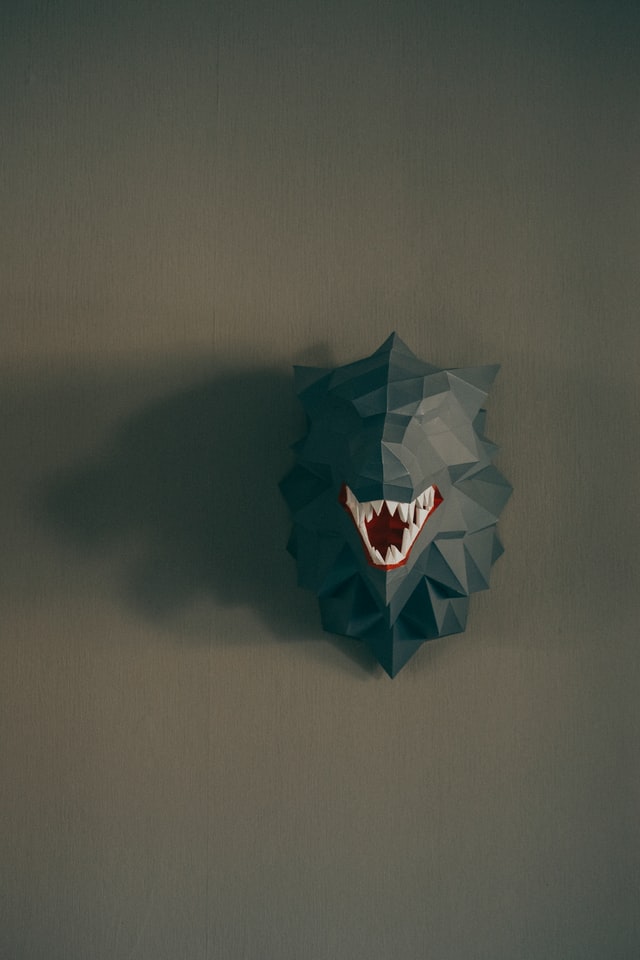Abnormal
Inside, her body is fighting itself. The signs are semi-secret – you have to know how to look. Junk from her cells collects in the vessels, the nerves, her fingertips end with misplaced purpuric kisses. In places, the secret is revealing itself in red: her mouth ulcerated, the angry outline on her face, fever. The scars of alopecia hidden by a sweep of hair, long sleeves, guarded posture. It is an artfully concealed battle. Every movement is with pain, but it is not always like this. Sometimes, her hands grant her a few days of peace. On these days, she plays the piano.
We can calm the red with drugs, soothe the skin, and ease the ache of lupus. We cannot make her feel better, make her father understand and care again. No tablet to induce love, no steroid for affection. No cure for this pain. Because the truth is, the overwhelming truth, is that nothing hurts more than when those who are supposed to protect us, hurt.
The piece is meant to allude to the similarities between the woman’s physical disease and the underlying problem with her father, both reflecting a reaction to something/someone which is ‘normally’ protective.
*details have been altered to maintain patient confidentiality

I particularly enjoyed the touching snapshot you gave of this woman’s life and your portrayal of the isolation that she feels in trying to conceal her disease from both the public and her father. Her father who, while he should be the one connecting with her the most and making her feel loved, is in fact the one causing her the most pain. It is a reminder to health professionals that we are not omnipotent and that while we may provide some hope in offering treatment and a kind soul, there are some people that can only be truly healed with time and empathy from those closest to them.
This is amazingly written! You’ve got this style of prose which isn’t overly long/complicated to the point where the language gets in the way, but it’s still genuinely compelling and it’s really clear that you’re a talented writer. Perfect beginning as well- the kind of hard-to-hear sentence that hits you like a gut punch. The idea of your own dad being scared of being associated with you is depressing and terrifying. The idea of the patient’s body ‘fighting itself’ is also a really interesting and, I think, novel idea. It conveys a sense of someone being slowly grinded down by a hard life (maybe in this case emotional abuse from their father?) and starting to- physically- fray at the edges. I like that because it furthers that holistic view that mental and social trauma can cause physical symptoms. In this patient, their SLE may not be related to her emotional abuse, but that’s not the point- the point is that the writing is good enough to convey that idea, even when it’s not actually what’s happening to the patient. And, of course, the last paragraph is well written too. A great piece of writing, and definitely one to be proud of.
This is a beautifully considered piece of prose. It is a really visceral representation of this woman’s response to the ‘battle[s]’ she is facing, and indeed Crees’s extended metaphor of these two battles (firstly the systemic lupus erythematosis, and then the breakdown of her relationship with her father) is very effective. The description of the SLE as ‘vicious’, with an ‘angry outline’, the patient’s body ‘fighting itself’, her ‘posture […] guarded’ provokes an emotional response, and for me this manifests as a feeling of injustice. This also comes from the juxtaposition with her ‘battle’ with her father; someone who is meant to ‘protect’ her, and is actually doing quite the opposite.
It is a pertinent reminder that we as practitioners are not simply treating a disease or condition, but (as with SLE attacks being heightened by stress) an entire person, with a story that is intimately intertwined with their health.